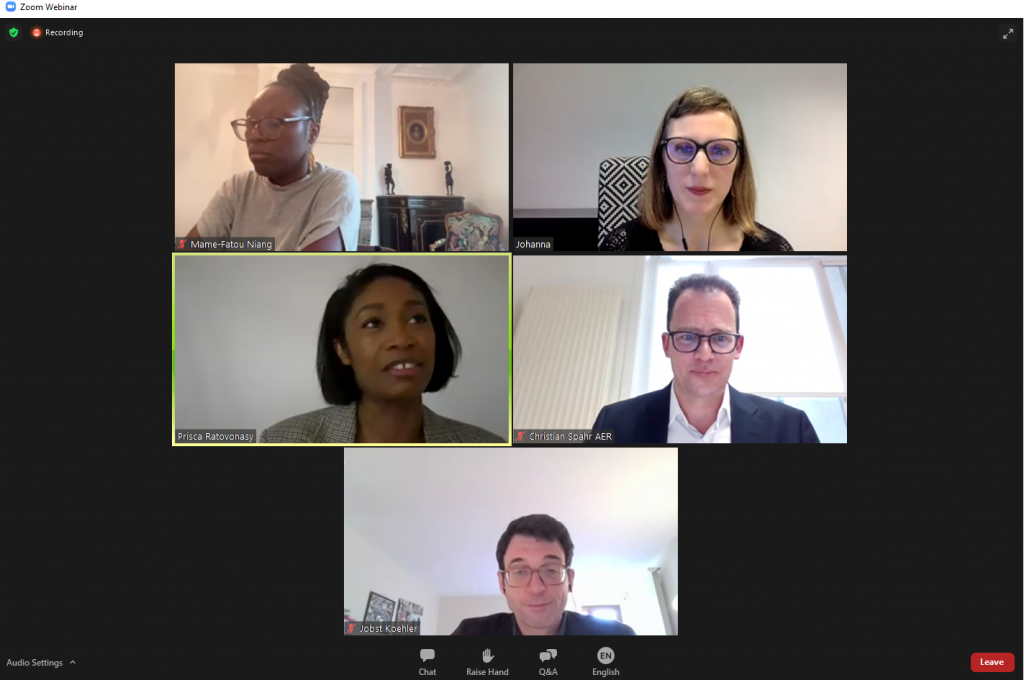News
Post training: Anti-discrimination: a transformative approach for organisations

With a view to building a mutual learning community that supports innovation and positive change in the public sector, as well as fight discrimination to make sure that no one is left behind, as part of the Includ-EU activities, IOM Italy organized the online training session “Anti-Discrimination: a Transformative Approach for Organisations“. The event aimed to provide general knowledge on systemic racism, to help participants identify racist situations and the conditions in which they develop, as well as to propose factual elements that can be implemented and initiate a sustainable change within organizations.
Systematic racism has wide-ranging effects on all migrants from making it harder for them to access healthcare to having equal job opportunities; racial prejudice and micro-aggressions reinforce discrimination, which impacts migrants’ mental health and social lives, leading to the normalisation of the tolerance of these inequalities. Notwithstanding how systemic and structural racial discrimination is embedded in systems, laws and policies, they are often under-discussed. In addition, in the EU there are little data at disposal of racial studies that can help analyse and identify discrimination in all types of areas (education, employment, health care, housing and justice).
Thoughtful insights and actionable knowledge and tools for preventing such forms of discrimination in public discourse, spaces and organisations, were provided by speakers from IOM and the Assembly of European Regions, as well as Prisca Ratonovasy, Diversity Equity and Inclusion Expert, Author and Podcast Producer and Mame-Fatou Niang, Associate Professor, Author and Artist-in-Residence at Ateliers Médicis. A transformative approach is necessary and is all about introducing step-by-step changes, doing qualitative staff training and employing more plural people profiles and more diversity in research.
The event was attended by more than 200 participants and also deepened knowledge on a wide range of connected topics, including the intersection of identities and vulnerabilities, ghost racism and the importance of wording, as well as the need for a whole-of-society approach to combatting discrimination and ensuring social inclusion.
Resources
- Training slides, by Prisca Ratovonasy
- Video, What is Intersectionality? By Kimberley Crenshaw
- Article by Mame-Fatou Niang and Julien Suaudeau on the Hervé di Rosa painting
- Policy brief from the Council of Europe on systemic discrimination
- IOM thematic page on xenophobia
- Includ-EU thematic briefings on Housing, Education, Fostering participation and encounters with host societies, Labour market inclusion, Access to healthcare
- Download the bibliography
- Find our speakers online: Prisca Ratovonasy and Mame-Fatou Niang
Do you want to share your project with our community and stakeholders?